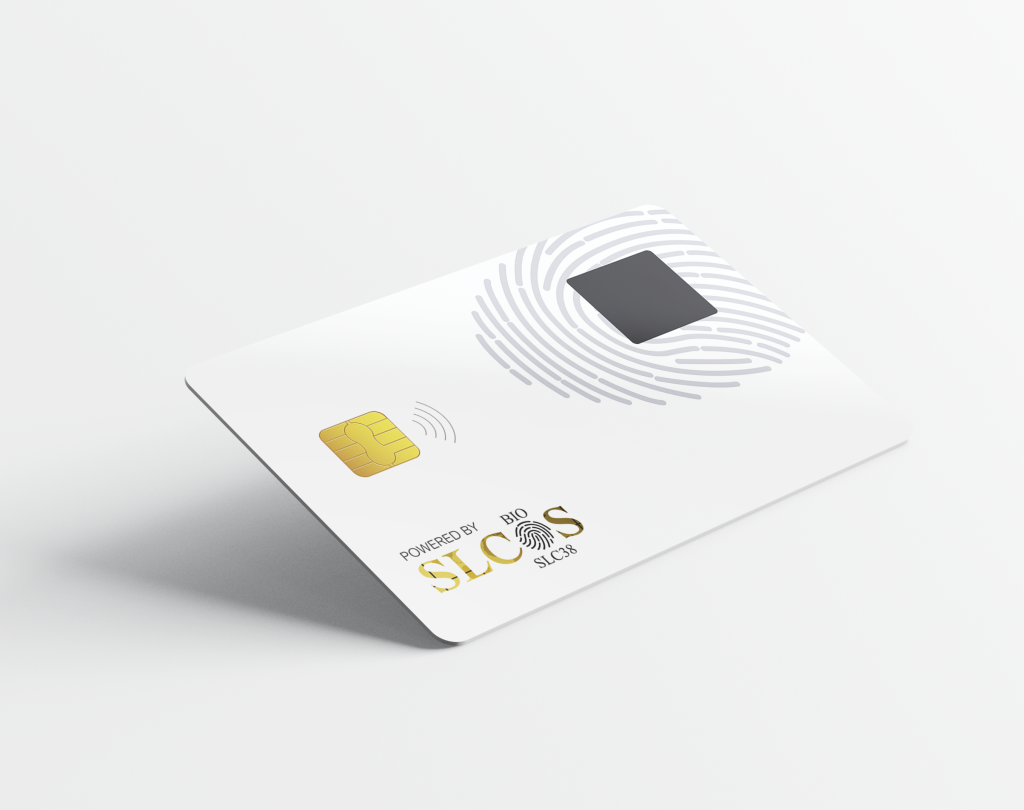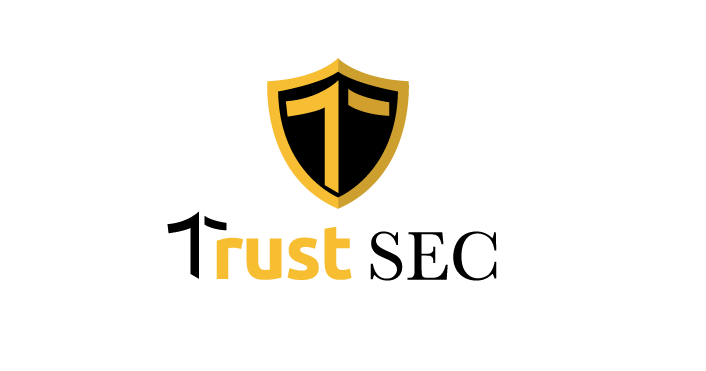TrustSEC Smartcard Operating System
SLCOS is TrustSEC smart card Operating system that provides the latest technology in smartcards. It is an innovative environment that offers an open platform that combines the best in security, flexibility, and hardware independence.

Flexible Communication
The system supports:
- The basic communication protocol, ISO 7816 T0, and alternative communication protocols, namely, ISO 7816 T1 and ISO 14443 Type A&B Contactless.
- USB (Universal Serial Bus) interface
- Extended APDUs.
- Secure messaging Via Global Platform Security Protocols (SCP02 & SCP03)
Multiple Delivery types
-
-
- Wafer Swan
- Contact Card
- Contactless Card
- Dual (contact and contactless) Card
- USB Stick
- Dual (USB and contactless) Card
-
.

Biometric Smartcard Operating System
BIO-SLCOS-SLC38
TrustSEC BIO-SLCOS-SLC38 is an updated version of SLCOS that enables MOC feature. The Match-on-Card (MoC) stores the holder’s biometric data and protects such communications with encryption, which enables the biometric authentication to be executed entirely within the secure element.
BIO-SLCOS-SLC38 enables smartcard-solution-based providers to easily cope with the latest integrated technology with secure elements, using SLCOS with the ability to add an extra layer of security “fingerprint-authentication” and the flexibility to add other applets on the card as well.
01
Highly secure
TrustSEC smartcard OS SLCOS is designed, and well-tested to perform cryptographic operations with the highest measures.
02
Flexibility
SLCOS has been fully developed in-house, that added to its advantages the high flexibility. Also, the high-performance architecture of SLCOS allows issuing multi applets on the card.
03
Customization
Adaptation of the smartcard based on the client’s requirements with the possibility to include proprietary Cryptography.
Smartcard OS Operations
This system is responsible for providing the following operations:
-
-
- Manages the smart chip hardware and perform chip initialization, configuration while startup and self-test
- Manages single or multiple applications. Application management includes, secure download, loading, installation, selection, communication and deletion
- Optionally allows multiple vendors per card using multiple security domains
- Secure application execution in multi-applications environment using either software firewalls or hardware MMU
- Executes high level applications through internal virtual machine
- Provides software level implementation for cryptographic operations like RSA, ECC, DSA, DES, 3DES, AES, SHA, PRNG and DH
- Provides software level implementation of communication protocols like T0, T1, TCL and optional USB/CCID
- Provides system level interface for different hardware modules like communication, security, storage, memory, transaction, file system, timers and random number generator
-
Smartcard OS Applications
- Personal IdentificationNational ID, Driving License and Employee Cards. It holds personal information and allows other security services like authentication, digital signing and data encryption
- TelecommunicationRequired for all phone systems under the Global System for Mobile Communication (GSM) standard
- Electronic CommerceDigital wallet. The applications are numerous, such as transportation, parking, laundry, gaming, retail, and entertainment
- Securing Digital ContentSecure the access to digital contents and perform data encryption or signing of very sensitive data
- Healthcare InformaticsIdentify patients, facilitate the insurance systems, and carry patient status and sensitive data
- Embedded Device ControlAuthenticate users who are responsible to operate equipment like medical systems, machines, vehicles and so on
- Physical AccessGranted access to certain data, equipment, and departments according to their status. Multi function, microprocessor-based smart cards incorporate identity with access privileges
- Enterprise and Network SecurityDeploy smart cards as a replacement for user name and passwords
